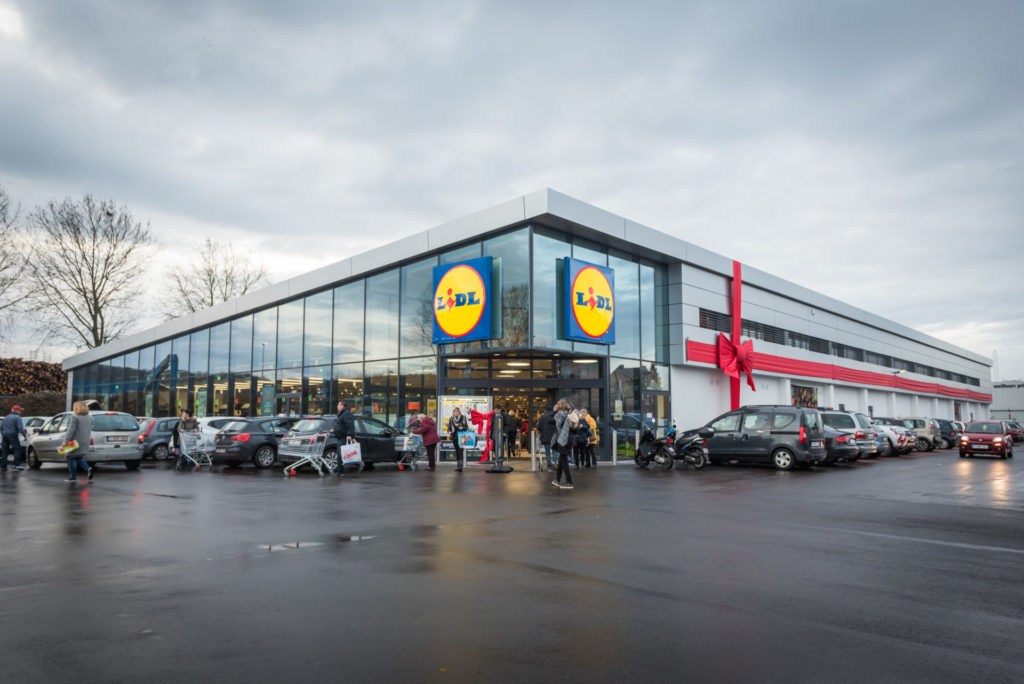With inflation particularly visible on grocery shelves, supermarkets known for their lower prices can normally expect a rise in budget-conscious clients that normally would shop at more expensive stores.
But though statistics don't yet quantify whether shoppers are defecting to cheaper chains, Lidl has nonetheless taken a considerable hit during the economic downturn, recording a loss of €51.2 million last financial year. It is not alone, with the entire supermarket sector struggling under the combined burden of reduced consumer purchasing power and their own rising costs.
Retailers are having a particularly hard time passing on rapidly rising costs, reported De Standaard. Last year, food inflation in stores was lower than general inflation, which meant their costs rose faster than their selling prices, leading to considerable margin pressure.
Worst figures ever
At Lidl, sales fell 2.2% last year to €2.59 billion. At the same time, operating costs rose sharply, from €7 million to €47.1 million. Per hour worked, Lidl saw turnover fall by 6%. The supermarket has been struggling with profitability in Belgium for several years but last financial year was the worst ever. This is despite the perception that consumers tend to gravitate towards discounters in times of crisis.
Retailers note that consumers are saving on their purchases. Delhaize recently sounded the alarm for serious financial challenges. It too has seen lower average sales per shopping basket combined with sharply rising costs. To alleviate its difficulty, Delhaize is trying to purchase synergies with sister companies Albert Heijn and Bol.
Related News
- Pizza vending machines make their mark in Belgium
- Increasing number of Belgians travel to France for their shopping
- Supermarket promotions leaflets continue to thrive in the digital age
Lidl, the largest discounter in Europe, has strong buying power but is struggling in Belgium. It mainly bets on private labels and a limited range of brands. The more limited range means more buying power per item yet this doesn't stop their stock from rising in wholesale prices.
Jef Colruyt, Colruyt Group's top executive, previously predicted that the sector would take heavy hits. This is true currently for all supermarkets.

